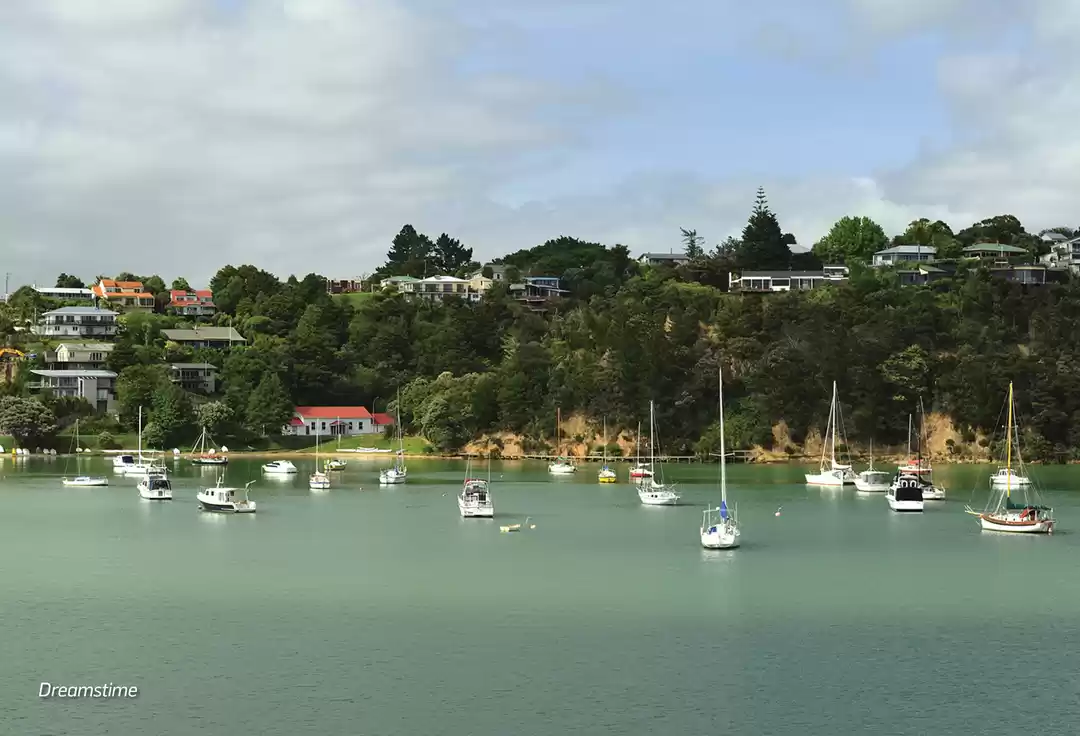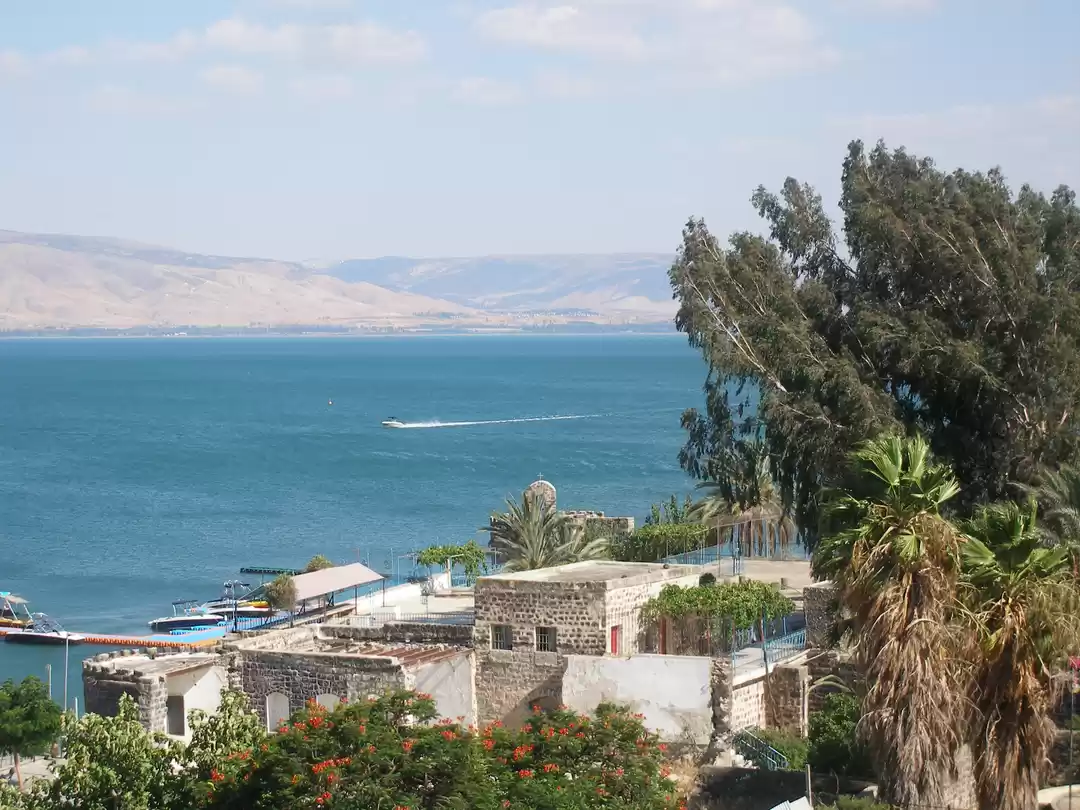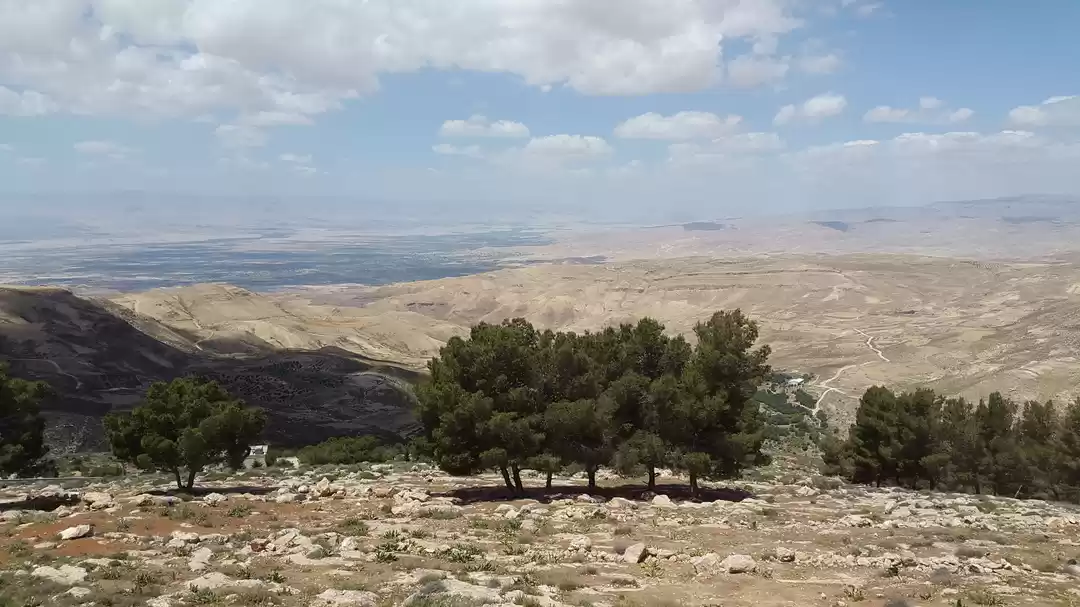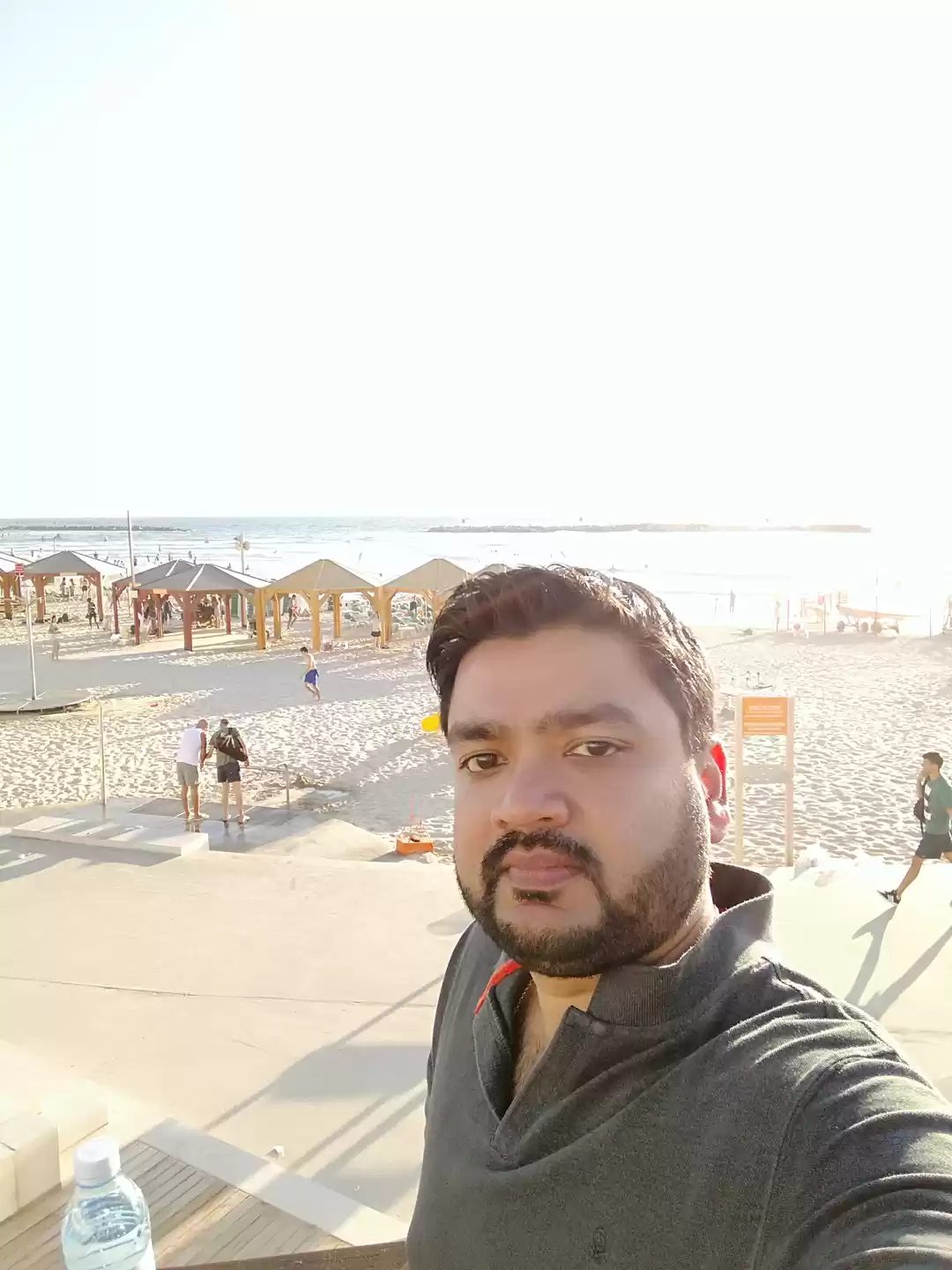Tel Aviv Tourism and Travel Guide
Tel Aviv-Yafo (Hebrew: תל אביב-יפו pronounced [ˈtel ˈaviv ˈjafo], Arabic: تل أبيب يافا) or Tel Aviv (Hebrew: תל אביב pronounced [ˈtel ˈaviv], Arabic: تل أبيب) is a city in Israel, and the second most populous city administered by that country's government after Jerusalem. The city has a population of 426,138 and a land area of 52 square kilometres (20 sq mi). Tel Aviv forms part of the Tel Aviv Metropolitan Area, also known as Gush Dan, which constitutes Israel's largest metropolitan area and has 3,464,100 residents, 42% of the country's population. Tel Aviv-Yafo is the largest and most populous section of the metropolitan area.The city is located on the Mediterranean coast in central-west Israel and is governed by the Tel Aviv-Yafo municipality, headed by Ron Huldai. Tel Aviv is home to many foreign embassies. Residents of Tel Aviv are referred to in Hebrew as Tel Avivim or by the singulars: Tel Avivi (for males) and Tel Avivit (for females).Tel Aviv was founded by the Jewish community on the outskirts of the ancient port city of Jaffa (Hebrew: יָפוֹ Yafo) in 1909. Immigration by mostly Jewish refugees meant that the growth of Tel Aviv soon outpaced Jaffa's, which had a majority Arab population at the time. Tel Aviv and Jaffa were merged into a single municipality in 1950, two years after the establishment of the State of Israel. Tel Aviv's White City, designated a UNESCO World Heritage Site in 2003, comprises the world's largest concentration of Bauhaus buildings.Tel Aviv is a global city, and is the twenty-fifth most important financial center in the world. Tel Aviv has the second-largest economy of any city in the Middle East after Abu Dhabi, and has the 31st highest cost of living in the world. The city receives over a million international visitors annually. Known as 'The City that Never Sleeps' and a 'party capital', it has a lively nightlife, dynamic atmosphere and a famous 24-hour culture.












